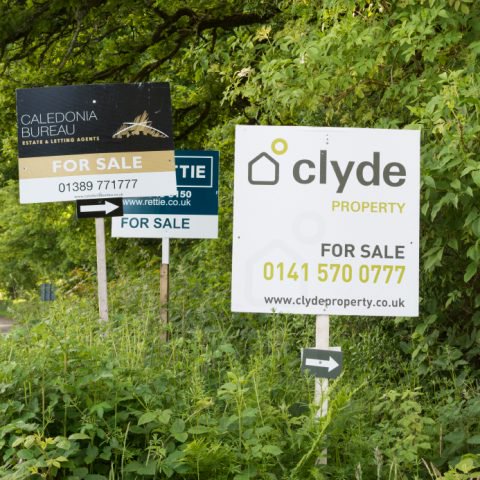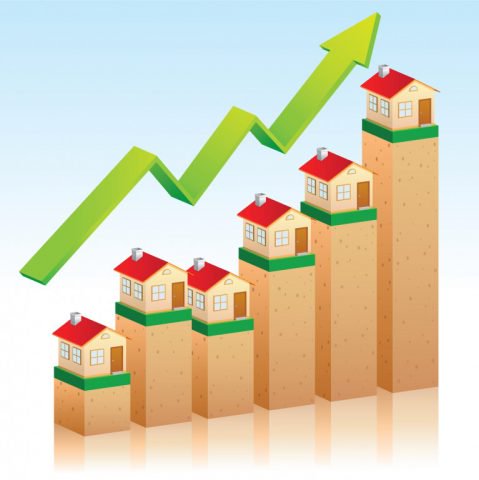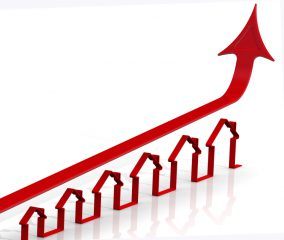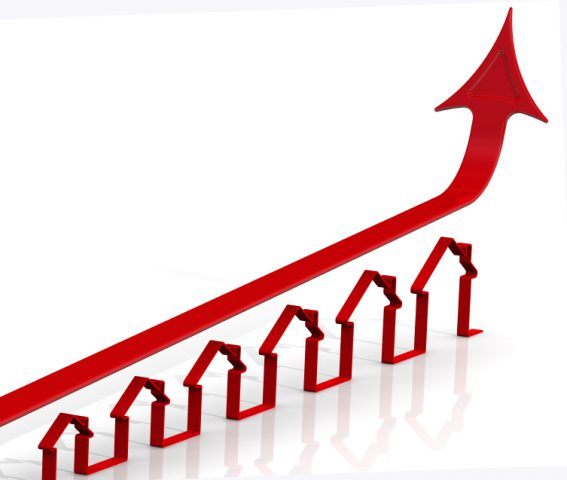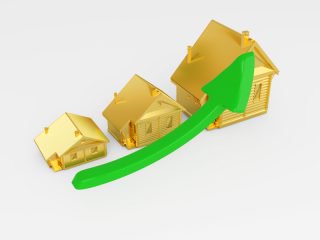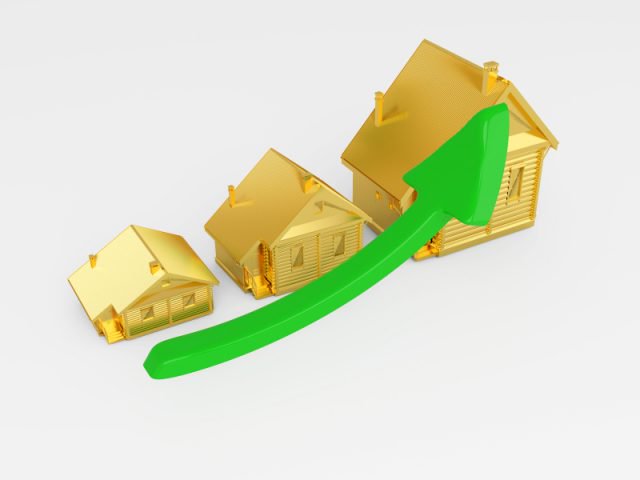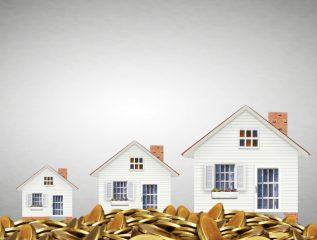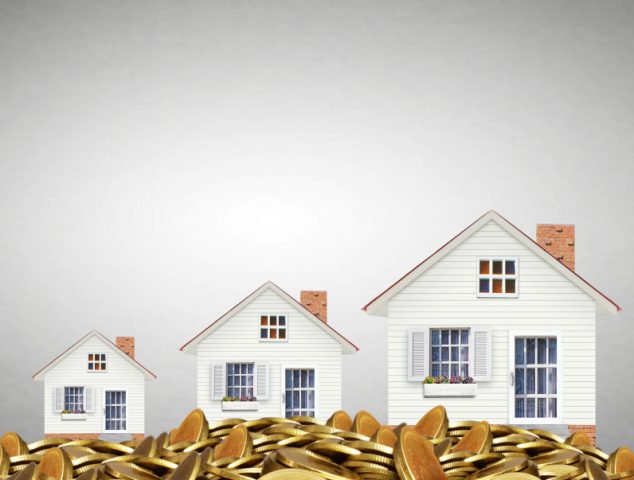Which Feature Adds the Most Value to House Prices?
Having a spare bedroom is the number one feature that adds the most value to house prices, according to the latest survey by eMoov.
The estate agent asked over 1,000 UK homeowners what they think adds the most financial value to a property when looking to buy a new home.
A spare bedroom topped the list, with a quarter (25%) of those asked believing that this would justify a higher house price. Not only is a spare room great for guests, but it can also be used as an office or nursery. You may also like to rent the room out, now that the tax-free lodgers allowance has been increased.
And while the British summer is usually brief, outdoor space is the next feature that adds the most value to homes, with 19% of homeowners believing it justifies a higher price.
The garage is the third best feature, according to 16% of respondents, and an ensuite bathroom to the main bedroom came out in fourth, with 13% of homeowners believing this adds the most financial value.
Completing the top five is an extra car parking space, cited by 11% of respondents.
[table id=6 /]

Which Feature Adds the Most Value to House Prices?
5% of homeowners think good local amenities will add the most value, while 4% believe a strong internet connection is the most justified. A strong mobile phone signal was considered the best feature to boost a property’s price by 3% of respondents.
Just 2% believe a good community spirit will add value to a house price.
The CEO and founder of eMoov, Russell Quirk, says: “Often those looking to sell will pour money into additional DIY projects around the house, in an attempt to increase the value of the property and justify pushing up their asking price by a few thousand pounds or more. Unfortunately, a lot of the time they may as well be pouring it down the drain, as potential buyers will care little for aesthetic improvements, due to having their own long time view of how they want the property to be.”
He continues: “This research goes to show that it’s the fundamentals people are concerned about: the number of bedrooms in case they want friends to stay or wish to start a family; outside space to entertain or for the kids to play in; a garage to store that accumulated clutter as the years pass by; an ensuite so you can have a bath in peace; or that extra parking space for when the 17th birthday rolls round.”
Quirk adds: “It is a little disappointing that a good community atmosphere ranks so lowly amongst homeowners. I know it doesn’t necessarily add value, although on the flip side, a bad atmosphere can certainty lower an asking price, however, it goes to show that the community spirit that has been so prevalent in years gone by is rarely thought about now.”

